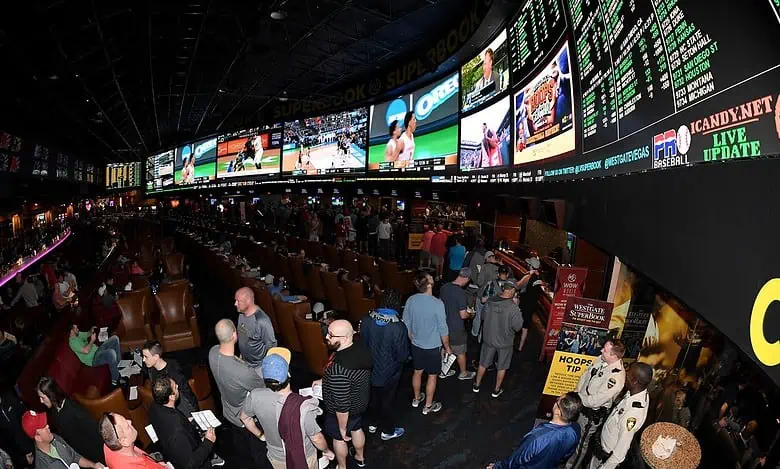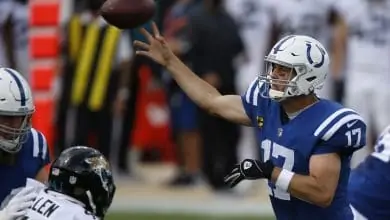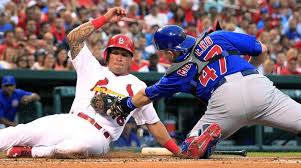HB 347 Passes Through the North Carolina House Chamber After Failing Just Short Last Year

After just failing in the previous legislative session, HB 347 cleared the hurdles during its second reading on the House floor on Tuesday by a vote of 66-45. The mission is to legalize the mobile sports betting operation in North Carolina.
There Are Still More Steps to the Process
Last year, the House chamber killed one of the initiatives that would have legalized the operation, but the tide may have shifted for the better. The bill made a monumental leap in the session, as the advocates gained more support in a year.
With a vote of 64-45 in the House chamber on the final vote, the legislation heads to the Senate. This is great news because the Senate chamber passed a similar measure during the previous year.
Gov. Roy Cooper has been a major supporter of the legislation and incorporated the business venture in his budget plan. Although bills can be carried over into the next legislative session, North Carolina’s legislative session ends on August 31st.
The reason why any of the previous initiatives failed last year was mainly that they prohibited wagering on college sports. The Tar Heel State is home to some of the prominent programs in the country, and denying consumers from wagering on these markets will lead to less revenue and a path to use offshore sportsbooks or crossing state lines throughout the year.
The chamber voted 68-40 against Rep. John Autry’s amendment Tuesday. Lawmakers in the state proposed 17 amendments, but a few failed in the long process.
What Proposed Changes Failed By a Mile in North Carolina?
This is the breakdown of the amendments that failed during the process. A total of eight ran out of steam quickly.
Rep Autry also proposed severely restricting where advertising can be seen (73-36.). Another was Rep. Cynthia Ball proposed raising license fees from $1 million to $10 million dollars (81-27).
Rep. Pricey Harrison proposed pushing the launch date back from 2024 to 2026. (81-28.)
Representative Tim Longest proposed raising the tax rate to 51 percent. (84-26.) Longest also suggested raising the tax rate to 36 percent. (73-35.), The 51 percent tax rate is only seen in New York and New Hampshire.
Longest also proposed getting rid of promotional deductions, which the bill does in 2027. (67-41). Promotional deductions allow sportsbook operators to bring in more profits in the beginning.
Rep. Marcia Morey proposed that promotional credits be prohibited (81-29.) In addition, Rep Morey also proposed abandoning mobile wagering in favor of in-person wagering at sporting events (86-22.).
Brick-and-mortar sports betting is already available in the two tribal facilities, which are located in the western part of the state. Lastly, Rep. Julie von Haefen introduced legislation to raise regulatory fines from $10,000 to $1 million (86-25.).
What Does the Bill Currently State?
The initiative moving through legislation, would allow 10 to 12 mobile sportsbook licenses in the state with a 14 percent tax on online sports betting. According to Gov. Cooper’s budget, online sports betting will generate $85 million in tax revenue.
This is also tremendous news for neighboring states that are also looking to legalize the operation. Georgia is in the process of creating a wagering study committee.





